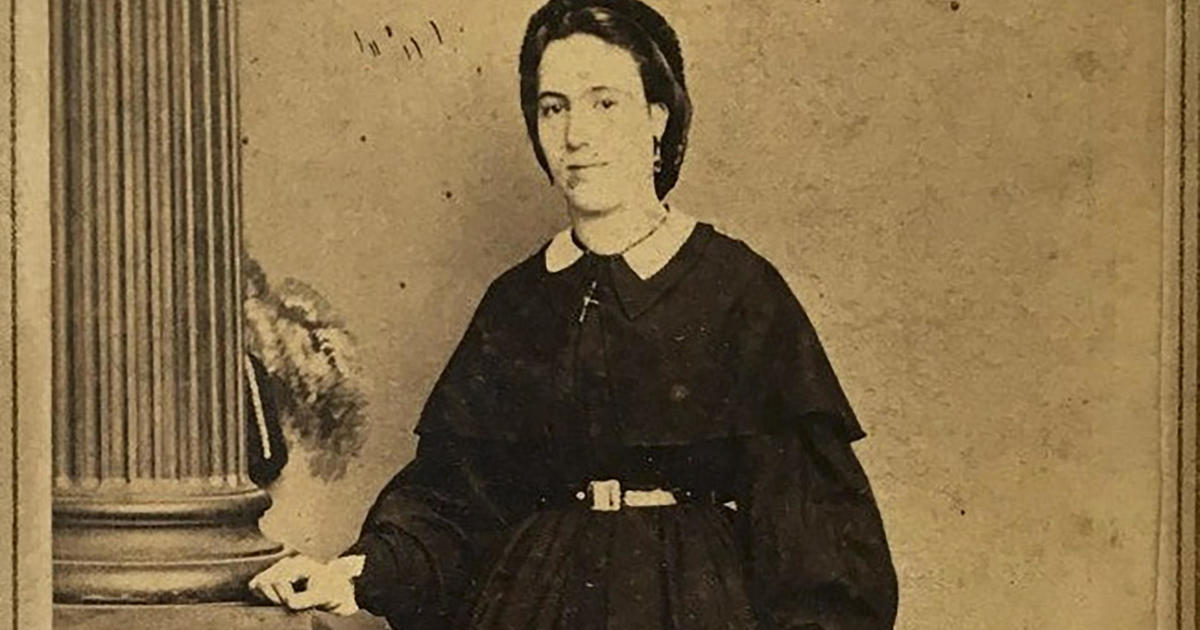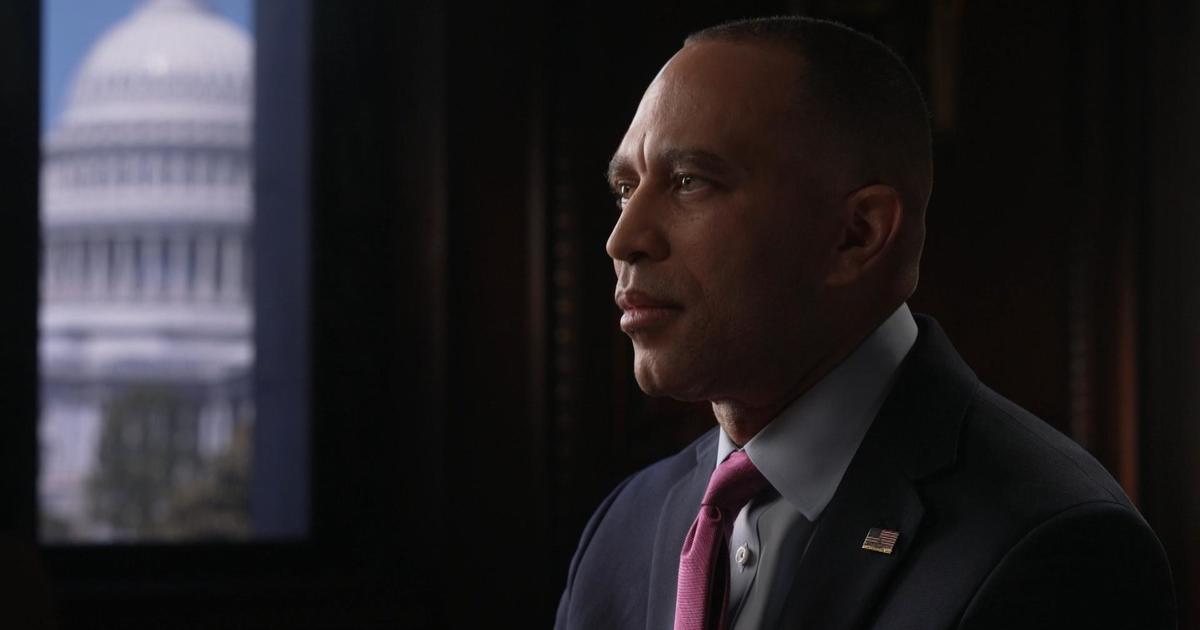Smokejumpers: Federal firefighting forces hampered by low wages
Michelle Hart's husband, Tim, was a member of a highly specialized team of airborne firefighters called smokejumpers.
"He always saw that as his goal," Hart said. "If he could be a smokejumper, then that would be the epitome of his career."
But in May, Tim was working the Eiks Fire in Hidalgo County, New Mexico, when he was injured after a hard landing on rocky terrain.
"I got a call. And it was his base manager in West Yellowstone," Hart said, "And, unfortunately, he didn't have a lot of information, but he told me that Tim had been injured and he was being Life Flighted. And we didn't know where."
Tim was evacuated to a hospital in El Paso, Texas, where he died from his injuries on June 2. He was 36 years old.
"To him, that was his dream job-- was to be a smokejumper," Hart said. "That was the most elite that he could be in the wildland firefighting community. And he had worked his way up. He was a hotshot for a few different crews before that."
Smokejumpers are federal firefighters who skydive out of planes into inaccessible areas to put out forest fires where they start. Tools and supplies are then parachuted, making them self-sufficient for at least the first 48 hours.
Although fatalities are not common among smokejumpers, the risks are high and the pay is relatively low. 60 Minutes+ correspondent Enrique Acevedo asked Hart about that for a report streaming now on Paramount+.
"Did Tim get a raise when he became a smokejumper?" Acevedo asked. "It seems like they're the elite of the elite and they would get, you know, better pay and better resources."
"No, he did not get a raise," Hart replied, "He actually took a step back in pay scale. You know, it was important enough for him, and he was proud, so proud to be offered that, that it was worth it to him to sleep out of his truck, and to get paid less, and to do those things to be that person."
"Seems to be a contradiction to the moment," Acevedo said. "At a time where we need firefighters the most, where we're seeing more frequent and more intense fires, it seems that we're not giving them the treatment and the resources they need."
"It's very true. We are seeing a big retention issue in the federal workforce right now," Hart said, "because there's higher-paying jobs at fast-food restaurants or working at a hotel where you can be home with your family at night."
Low pay has impacted the federal workforce as crew members are drawn to private-sector jobs and local firefighting departments offering higher salaries.
Last year, 36 of the National Forest Service's 330 smokejumper slots were never filled. Other specialized firefighting crews are being impacted, too. A quarter of all federal crews, known as "hotshots," are currently under-staffed.
In June, President Biden promised to increase wages for federal firefighters, but Hart said further action is needed. For more on that, check out Acevedo's report, streaming now on Paramount+.



